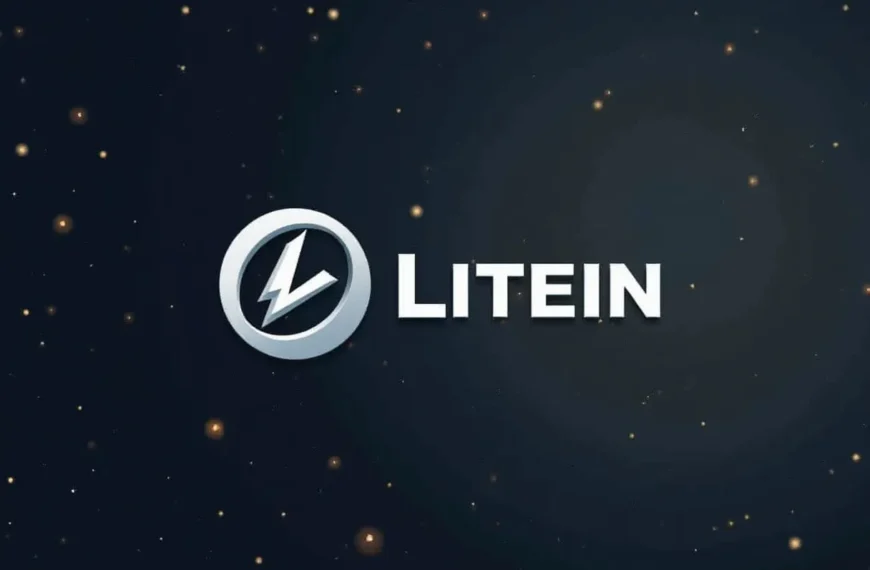EU Implements Crypto Tracking with New AML Regulations
The landscape of cryptocurrency regulation is evolving rapidly, particularly in the European Union (EU). With the increasing popularity of digital currencies, concerns regarding money laundering and illicit activities have prompted the EU to introduce stringent Anti-Money Laundering (AML) regulations. These new rules aim to bolster the tracking of crypto transfers, ensuring that the digital currency ecosystem operates within legal boundaries.
Understanding the New AML Regulations
The newly proposed AML regulations by the EU will impose comprehensive tracking measures on cryptocurrency transactions. These regulations are designed to enhance transparency and accountability within the crypto market. The key elements of these regulations include:
Enhanced Monitoring: Financial institutions and cryptocurrency exchanges will be required to monitor and report suspicious transactions, much like traditional banking systems. This will help in identifying potentially fraudulent activities.
Customer Due Diligence: Businesses dealing with cryptocurrencies must conduct thorough due diligence on their customers. This includes verifying identities and assessing risks associated with the transactions.
Traceability of Transactions: All cryptocurrency transfers will need to be traceable, allowing authorities to track the flow of funds and identify the parties involved in each transaction.
The Motivation Behind the Regulations
The EU’s decision to implement these AML regulations stems from several factors:
Combatting Illicit Activities: Cryptocurrencies have been associated with various illicit activities, including drug trafficking, human trafficking, and tax evasion. By enforcing stricter regulations, the EU aims to mitigate these risks and promote a safer financial environment.
Protecting Consumers: The regulations also seek to protect consumers from potential fraud and scams that can occur in the unregulated crypto space. By ensuring that transactions are monitored and reported, consumers can feel more secure in their investments.
Aligning with Global Standards: The EU aims to align its regulations with global standards set by organizations such as the Financial Action Task Force (FATF). This alignment will facilitate international cooperation in combating money laundering and terrorist financing.
Challenges Ahead
While the implementation of these AML regulations marks a significant step forward in regulating the crypto space, several challenges remain:
Compliance Costs: Cryptocurrency exchanges and businesses may face substantial costs associated with compliance. This could impact smaller players in the market, potentially leading to reduced competition.
Privacy Concerns: The increased tracking of transactions raises concerns regarding privacy. Users may be wary of the surveillance of their financial activities, which could deter some from engaging in the crypto market.
Technological Limitations: The technology used for tracking and monitoring transactions must be robust. There is a risk that current systems may not be adequately equipped to handle the complexities of cryptocurrency transactions.
The Impact on the Crypto Market
The introduction of these AML regulations will undoubtedly have a profound impact on the cryptocurrency market:
Increased Legitimacy: Stricter regulations can enhance the legitimacy of the crypto market. As compliance becomes the norm, institutional investors may feel more confident entering the space, potentially leading to increased investments.
Market Consolidation: Smaller exchanges may struggle to meet the compliance requirements, leading to a potential consolidation of the market. Larger, well-established platforms may thrive, while smaller players could be forced out.
Innovation and Adaptation: The crypto industry is known for its adaptability. Companies may innovate new solutions to comply with regulations while maintaining user privacy, leading to the development of advanced technologies.
Conclusion
The EU’s implementation of new AML regulations represents a pivotal moment for the cryptocurrency industry. While these regulations aim to ensure the safety and integrity of the financial system, they also present challenges that the industry must navigate.
As the crypto landscape continues to evolve, it is crucial for stakeholders—businesses, regulators, and users—to work collaboratively to establish a balanced approach that fosters innovation while ensuring compliance and protecting consumers. The future of cryptocurrency lies in its ability to adapt to regulatory frameworks while preserving the fundamental principles of decentralization and privacy that attracted many to this technology in the first place.
As the EU moves forward with these initiatives, it will set a precedent for other regions, potentially shaping the global approach to cryptocurrency regulation in the years to come.





